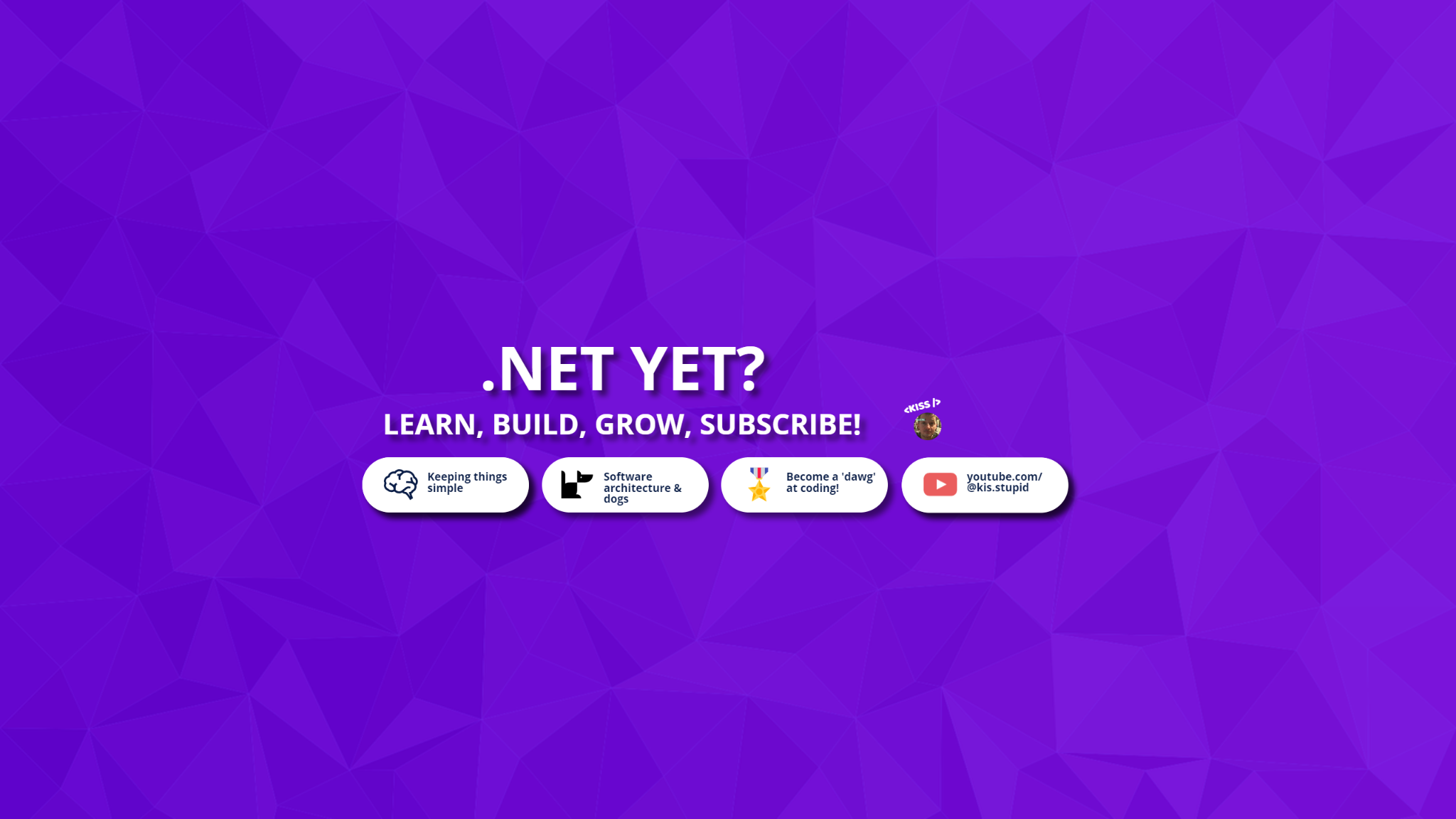
Jobs in Azure Container Apps
27 Jul 2024
Azure Container Apps is a fully managed platform for building and deploying modern web applications using containers. It provides a scalable, secure, and highly available environment for running containerized web applications.
What are Jobs in Azure Container Apps?
In Azure Container Apps, a "Job" refers to an instance of a container that runs a specific task or set of tasks. Jobs are designed to handle long-running tasks, such as data processing, batch processing, or other compute-intensive workloads.
A Job in Azure Container Apps consists of:
- Trigger: The event or condition that starts the job. Examples include HTTP requests, timer-based triggers, or message queues.
- Container instance: The container that runs the task. You can choose from a variety of container images or use your own custom image.
- Task: The specific workload or set of workloads that the container instance performs.
Types of Jobs in Azure Container Apps
Azure Container Apps supports three types of jobs:
- HTTP triggered job: Starts when an HTTP request is received. This type of job is ideal for handling webhooks, API integrations, or real-time data processing.
- Timer triggered job: Starts at a specified interval (e.g., every minute) or based on a CRON expression. This type of job is suitable for tasks that need to run periodically, such as daily backups or report generation.
- Message triggered job: Starts when a message is received from an Azure Service Bus queue or topic. This type of job is useful for handling messages from various sources, such as IoT devices or enterprise systems.
Benefits of Jobs in Azure Container Apps
Jobs in Azure Container Apps offer several benefits:
- Scalability: Easily scale your jobs to handle changing workloads without worrying about provisioning or managing infrastructure.
- Flexibility: Choose from a wide range of container images and runtime environments to fit your specific needs.
- Security: Enjoy robust security features, such as network isolation, authentication, and authorization, to protect your jobs and data.
- Monitoring and logging: Easily monitor job performance and collect logs using Azure's built-in monitoring and logging tools.
Use cases for Jobs in Azure Container Apps
Azure Container Apps is well-suited for a variety of use cases:
- Data processing: Use Azure Container Apps to process large datasets, such as data aggregation, ETL processes, or machine learning model training.
- Batch processing: Run batch jobs for tasks like report generation, data migration, or file processing.
- Real-time data processing: Handle real-time data streams from IoT devices, sensors, or other sources using Azure Container Apps' HTTP triggered job type.
- Integration with other services: Leverage Azure Container Apps as a glue layer between different services, such as Azure Functions, Logic Apps, or Azure Stream Analytics.
In summary, Jobs in Azure Container Apps provide a powerful way to run containerized workloads that can handle various tasks and use cases. With its scalability, flexibility, security, and monitoring features, Azure Container Apps is an excellent choice for building modern web applications that require long-running tasks or batch processing.
Find 2 of my best .NET 8 projects with tons of features add value to and capture your audience!
If you are interested in more of my work, you can find it:
- on my website: kiss-code.com/products
- on my Patreon
- on YouTube
Thank you for your time. Kind regards, Auguste @ kiss-code.com
Join the community
I continuously build, learn and experiment with innovative technology. Allow me to share what I learn, with you.